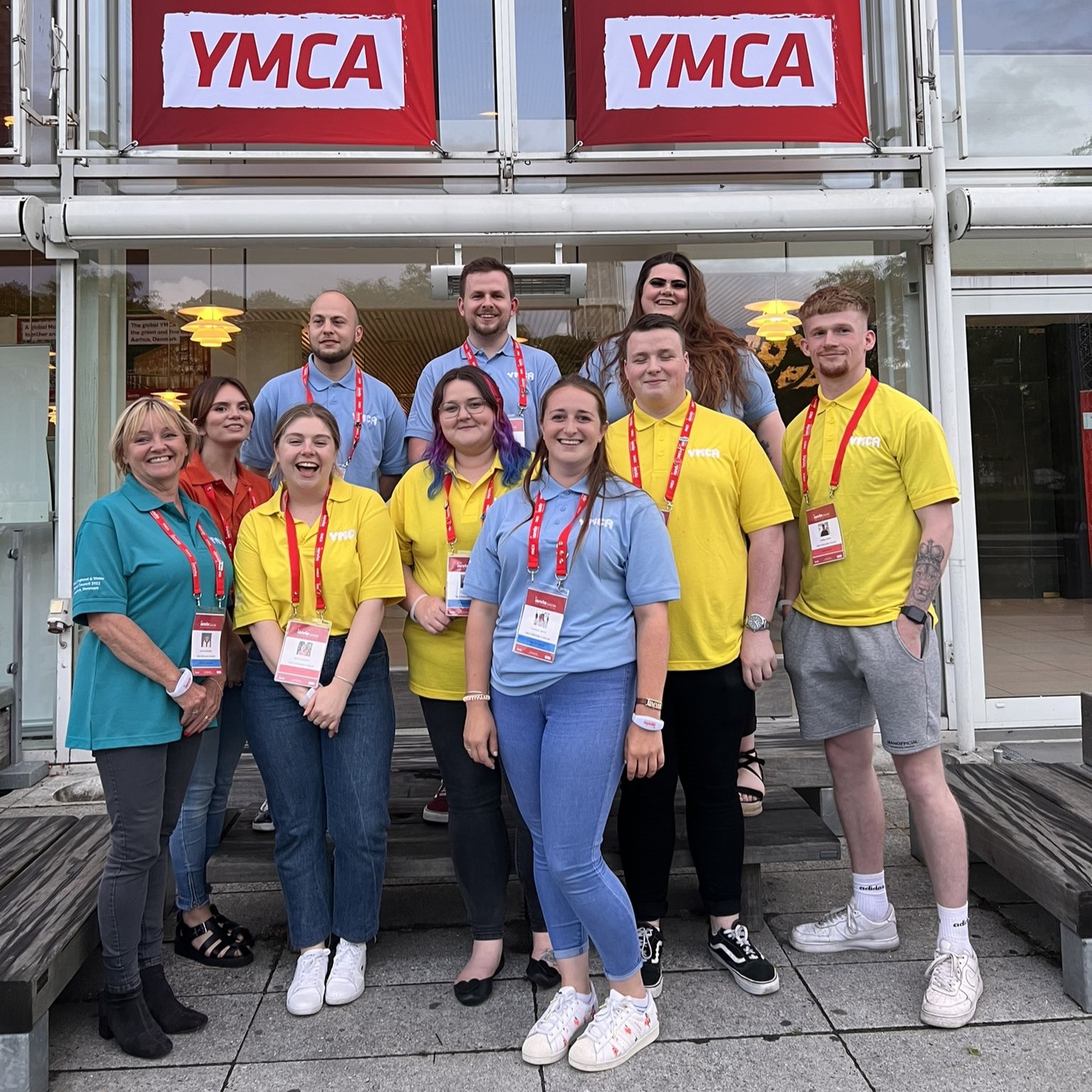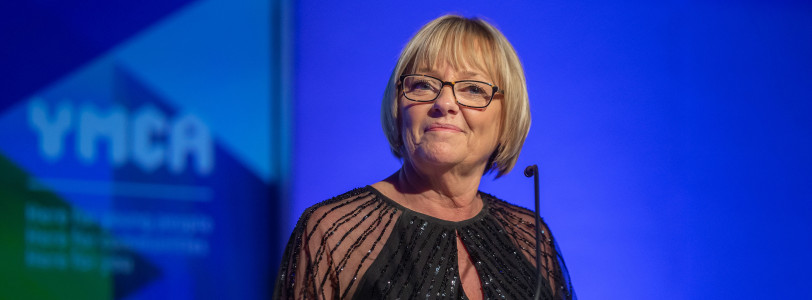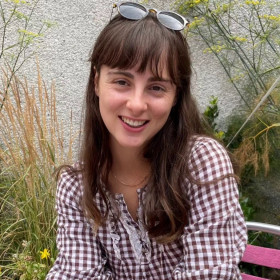Could you please introduce yourself to the reader?
My name is Denise Hatton, and I am the chief executive at YMCA England & Wales, which is the national council that supports and speaks on behalf of 85 local YMCAs.
During your time at YMCA, how has the political environment shaped your work?
The political environment has a multifaceted impact on charities, affecting funding, operations, advocacy, and public support. Therefore, charities must adapt to the evolving political landscape, monitor policy changes, and engage with relevant stakeholders to navigate these dynamics successfully, as they often affect the majority of the people and communities we support.
What role does YMCA play in fostering political awareness and education?
As the world's largest and oldest youth organisation, we believe that it is vitally important for young people to understand the political landscape and feel empowered to make their voices heard.
YMCA’s Youth Ambassador programme is an empowering platform that uplifts the voices of young people and provides them with the necessary support to thrive in their lives. Within YMCAs, we foster awareness of benefits, welfare, housing advice, and other essential services, in which we aim to educate and equip young people to truly understand the societal landscape and the political challenges that can dictate this change.

How do you see young people participating politically, whether through traditional or non-traditional means?
The best thing to remember is that political engagement is diverse and individuals can choose the methods that align best with their skills, interests, and resources. Combining both traditional and non-traditional approaches can create a more comprehensive and impactful political presence.
The first aspect of this is within your own community. Championing positive change can spark an interest in supporting others. By actively participating in local politics and collaborating with others, young people can contribute to positive change, create a sense of community, and shape the future of their localities.
What do you think prevents young people from voting in elections? What steps can be taken to overcome these barriers?
Several factors can contribute to barriers preventing young people from voting in elections. Addressing these challenges requires a multifaceted approach that involves educational, systemic, and societal changes. One factor cited in particular by young people is the complicated or restrictive voter registration processes, with the new element of photographic identification. In a recent survey, 1/3 of young people told us that this was a significant barrier.
A common belief among young people is that their vote doesn't make a difference. Therefore, we need to emphasise the power of the youth vote in shaping policies that directly impact their lives. Young people may feel overwhelmed by the sheer volume of political information available. We must provide easily digestible and unbiased information about candidates, issues, the voting process, and utilise education and digital platforms to share concise and relevant content.
Combating these barriers requires a collaborative effort involving educators, community leaders, policymakers, and young people themselves. By addressing these challenges, societies can empower young voters and cultivate a more engaged and participatory democracy.
Do you think all young people are likely to vote alike in the next general election, or is it more complicated?
Our survey of over 1,000 young people in 2023 revealed that 86% of the 18-to-24-year-olds who participated in the study expressed a willingness to vote in the next general election.
This signifies that the youth vote represents a significant opportunity for political parties to gain support. However, this hinges on young people being registered to vote. Unfortunately, 1/3 of young people who did not vote in 2019 cited this as the reason. The strength of the voter base is only as good as those who are able to cast their ballots. With the introduction of voter ID requirements, the potential barrier has now doubled.
What issues do you think are of particular importance to young people in the next general election?
Young people want a future that guarantees peace of mind. They prioritise fulfilling work and owning an affordable home. However, rising housing prices, lower wages, and long NHS waiting lists, which they tell us are their main concerns, make these basic needs harder to achieve.
Despite this, the nation’s young people remain optimistic, but saving for the future has fallen down their priority lists as it becomes harder to pay for basic items such as energy bills, food and rent. They need the government to provide them with the basic building blocks necessary for independent living in order to thrive and reach their potential.
Do you think the political parties in the UK understand the issues faced by young people?
We do think so, in part, but our role as a youth organisation is to bridge the gap between political stakeholders and young people in the communities we serve. We will be releasing a manifesto on young people’s priorities in January 2024 and will spend the coming weeks and months before the next general election creating a pathway to power for young people to raise their voices and shape policies that affect them and their peers.
What is your encouragement to young people that youth voice matters?
Emphasising to young people that their voices matter is crucial for fostering a sense of civic responsibility and active participation in society. It is pivotal for young people to understand that a diverse society is a strong society. Their unique background, perspectives, and opinions contribute to a rich tapestry of ideas. The inclusion of youth voices ensures a more comprehensive and representative decision-making process.
Many decisions made today will have a long-lasting impact on your future. By expressing your concerns and advocating for change, you have the opportunity to shape policies that directly affect your life, such as education, employment, and environmental sustainability. Use your vote and your voice to make a difference.









0 Comments